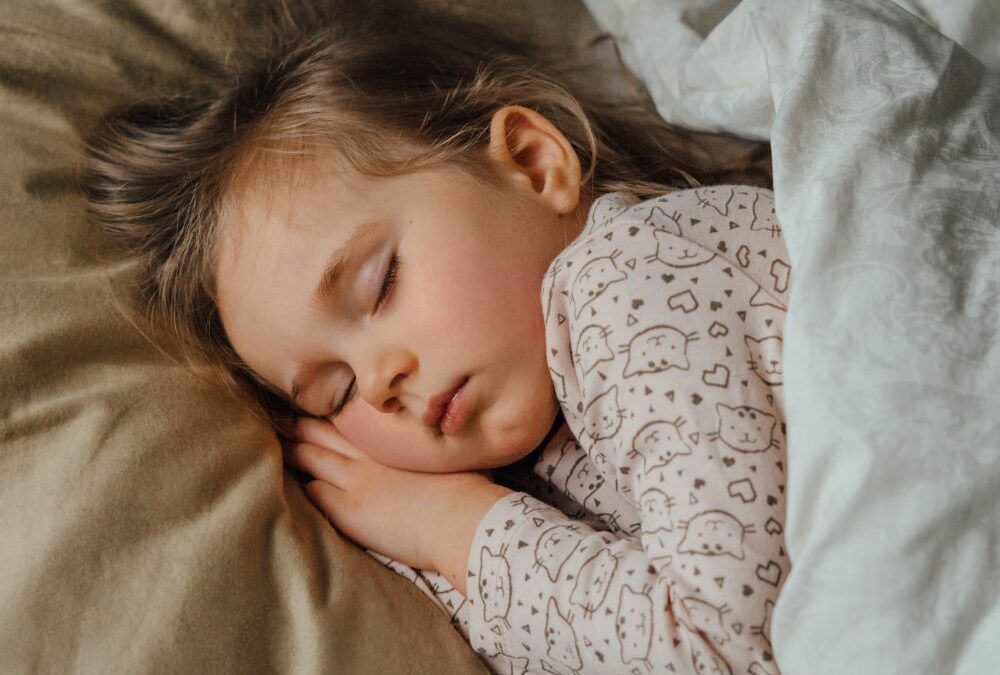


Strategies you can try to help promote healthy sleep habits
1. Have a regular sleep pattern: having a regular sleep pattern means having regular times for going to bed and for waking up. This encourages good sleep patterns and will help keep your child’s internal body clock in a regular pattern.
2. Have a consistent bedtime routine: this can be personalised to whatever suits you and your child. It could be some quiet reading once in bed, having a warm bath, or a warm drink of milk before they go to bed, or maybe listening to some quiet music. This consistency helps them to recognise that it is bedtime and helps them prepare and feel ready to sleep.
3. Limit devices: electronic devices and bright light exposure can reduce the production of melatonin, which is a hormone that aids in promoting sleep. So you could try and avoid the use of any of these devices later in the afternoon, and especially in the one to two hours prior to bedtime.
4. Optimise their sleep environment: it’s important to ensure that your child’s sleep environment feels safe and comfortable, and it is usually best if it is dark and quiet. If they need a night light, it is best to use a red light, and if they need some background noise, soft, soothing and repetitive music is generally most effective.
5. Encourage exercise and natural light throughout the day: daytime exercise and natural light exposure help to improve sleep at night. So make sure they get outside for a play and a run around at least once a day.
6. Limit caffeine and sugar intake: caffeine and sugar can have a huge effect on a child’s mood and energy level. Caffeine especially, is a stimulant, which means that it will inhibit sleep. So, it is best to avoid these as much as possible in the hours of the late afternoon.
7. Review their naps: most children stop napping by the age of 3-5. If they are around that age and are having difficulties falling asleep at night, it might be time to stop their day sleep, cut it short or make sure that they are having it as early in the day as possible.
It is also really important that your child feels safe. Reassure them, be empathic about their fears, let them have a comfort toy or blanket if they need it and remember that it can take some time to build a positive and successful sleep routine.
16 JANUARY 2023
WRITTEN BY EMMA BEAR
PARENT | OCCUPATIONAL THERAPIST


